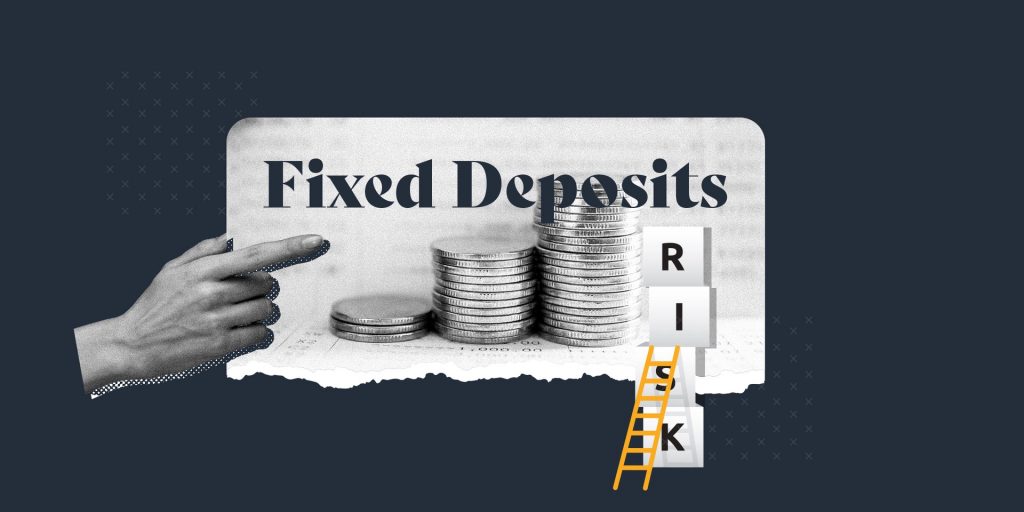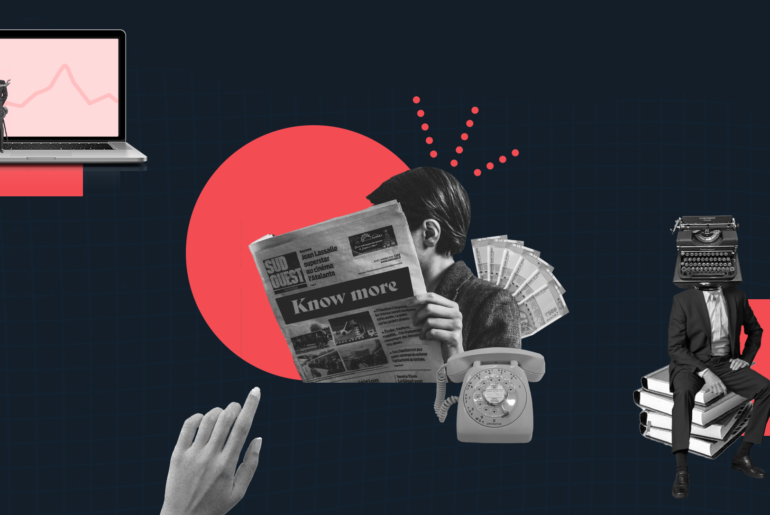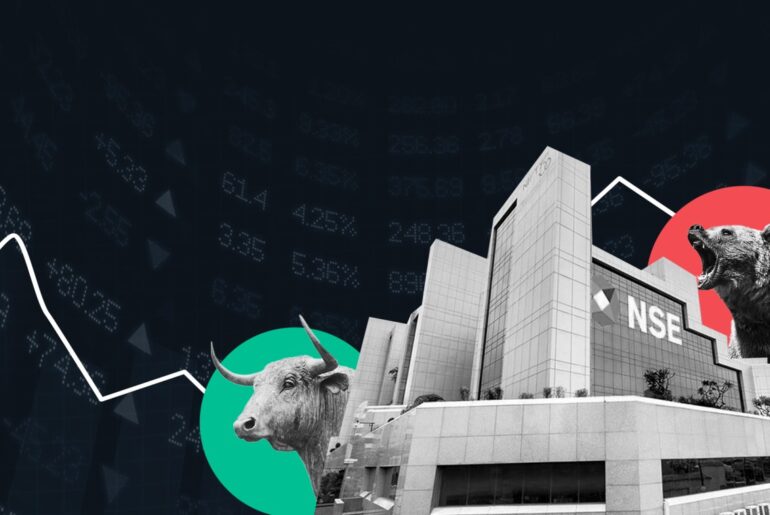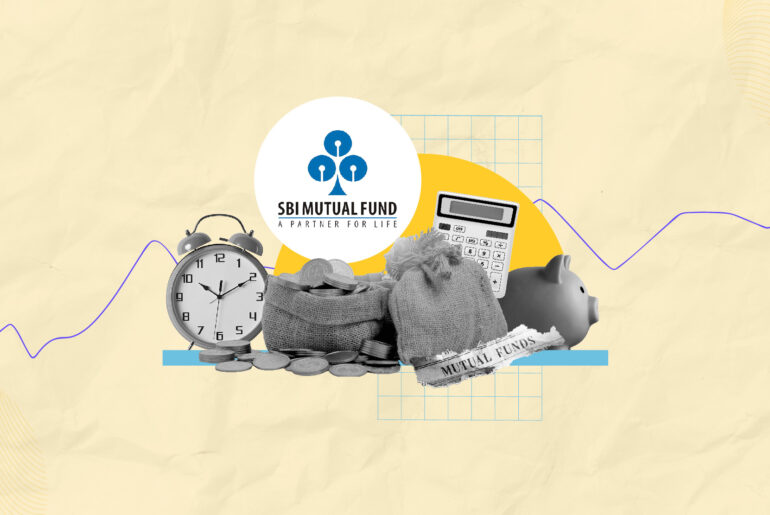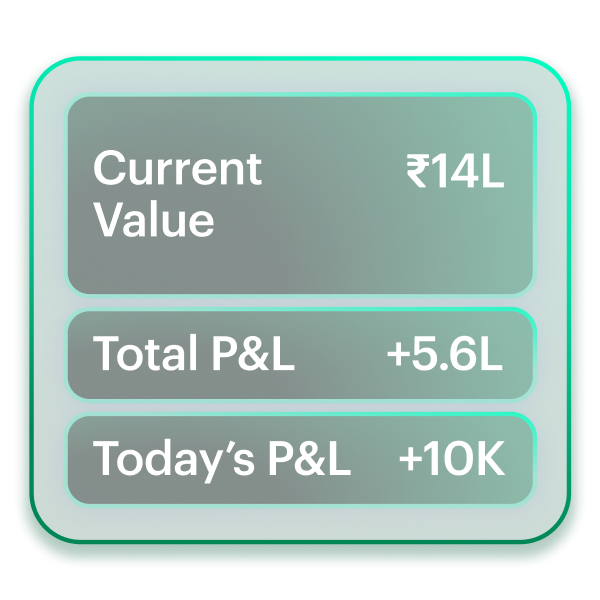Last Updated on Apr 6, 2021 by Manonmayi
Fixed deposits (FD) are known for their guaranteed returns and safety. That’s why these can be called a conservative investor’s best friend. Still, fixed deposits are not entirely risk-free; they carry a risk of default, meaning: when the issuer of a fixed deposit fails to pay the principal and interest on FD on its maturity. So then how to gauge the safety of an FD? One way is to look at their CRISIL ratings? But what are CRISIL ratings? Read on to know more.
The article covers:
Which instruments does CRISIL rate?
How does CRISIL rate fixed deposits?
CRISIL rating nomenclature for FDs with a tenor of over a year
Why are CRISIL ratings for fixed deposits significant?
Table of Contents
Overview
A fixed deposit offered by a commercial bank is covered by an insurance of Rs 5 lakh per depositor. Before the Union Budget 2020, the insurance limit was Rs 1 lakh. In contrast, corporate FDs are not covered by insurance. Then how to gauge the safety of a company FD? Well, that’s where the CRISIL rating of a fixed deposit comes into the picture.
What is CRISIL?
CRISIL stands for Credit Ratings and Information Services of India Limited. The agency rates financial products and institutions that offer them. CRISIL ratings of issuers of investment products suggest their credibility so you can choose to invest your funds with a trustworthy issuer.
Are CRISIL ratings reliable?
CRISIL was the pioneer of credit ratings in India. Ergo, the ratings given by CRISIL are considered to be trustworthy. These, in turn, aid your decision-making process when evaluating an FD.
Which instruments does CRISIL rate?
CRISIL rates:
- Bonds
- Loans
- Fixed deposits
- Certificates of deposit
- Commercial papers
- Bank hybrid capital instruments
- Asset-backed securities
- Mortgage-backed securities
- Non-convertible debentures
How does CRISIL rate fixed deposits?
Fixed deposits having a tenor of over a year are rated based on a rating scale from FAAA to FD. In contrast, FDs offered by banks having a tenor of less than a year have a rating scale of CRISILA1+ to CRISIL A5. The nomenclature of each of CRISIL’s rating suggests the safety and quality of the FD.
CRISIL rating nomenclature for FDs with a tenor of over a year
- NM: Not meaningful
- FD: Default
- FC: High risk
- FB: Inadequate safety
- FA: Adequate safety
- FAA: High safety
- FAAA: Highest safety
FAAA being the highest credit rating and NM being the lowest. While the latter indicates very fewer chances of default by the issuer of an FD, NM indicates the highest defaulting risk.
Why are CRISIL ratings for fixed deposits significant?
When investing in a fixed deposit, comparing the interest rate offered by various issuers helps you pick the best scheme and optimise your returns. However, since FDs are also not entirely risk-free, it makes sense to compare the CRISIL ratings of fixed deposits offered by various issuers before entrusting them with your hard-earned money.
CRISIL rates an FD based on various factors including issuer’s credibility, liquidity position, maturity of the scheme, renewal rate, and the granularity of the instrument. In addition, CRISIL also gauges the issuer’s ability to repay the principal amount plus interest thereon. This way, you can pick an FD with the highest CRISIL rating in order to mitigate risks and thus safeguard your finances.
Credit ratings of investments help you make smarter and well-informed decisions. These ratings are offered by credit rating agencies like CRISIL.
Conclusion
When investing, you set aside your hard-earned money with a motive to earn returns. However, ensuring the safety of your funds is equally important. Ergo, choose your investments wisely after considering their CRISIL ratings so you entrust your funds in trustworthy hands.
FAQs
Do CRISIL ratings impact FD interest rates?
No, CRISIL ratings don’t impact the FD interest rates.
Where to find CRISIL ratings?
You can find the CRISIL rating of investments on the official website of CRISIL.
Is credit rating alone enough to gauge the safety of an investment?
No, credit rating is a crucial but not the only factor to consider when evaluating an FD.
Do CRISIL ratings guarantee repayment?
No, CRISIL ratings don’t assure repayment of your funds. It is only a measure to ascertain the degree of default risk associated with repayment.
Do CRISIL ratings guarantee repayment?
No, CRISIL ratings don’t assure repayment of your funds. It is only a measure to ascertain the degree of default risk associated with repayment.
- List of Top Performing Index Funds in India (2025) - Apr 25, 2025
- Gilt Funds in India for 2025 – Meaning, Taxation, and More - Apr 21, 2025
- Alternative Investment Fund (AIF): Meaning and Category of Various AIFs - Apr 21, 2025
